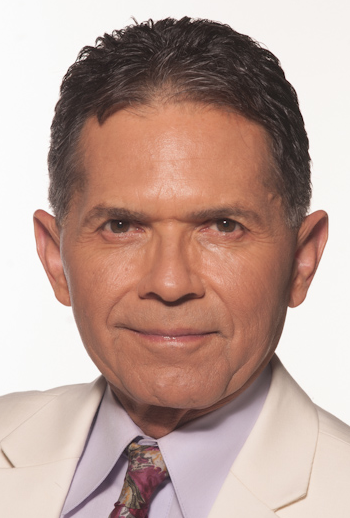By David Magallanes / Guest contributor

David Magallanes
Perhaps we need to re-think the entire approach to high school and college education as a new economic age dawns on the millennial generation beginning to enter the work force. Our curriculum has often been geared to preparing students for the traditional world of work. That world is quickly disintegrating as contracting, “temping” and “gigging” are becoming the new norm in hiring, replacing long-term, “full-time-with-benefits” work that my generation had inherited from parents who had in turn created the economic boom after World War II.
The traditional employer-employee relationship is collapsing as offices and factories start accelerating their relentless quest for a lean, nimble, profitable and flexible workforce. People are already being replaced by robots and computers at banks, parks, medical offices and restaurants. Young people are having to modify their expectations in terms of career longevity and stability. They will have to become exceedingly agile, creative, strategic and patient as they map out a career path that will zig and zag through the multiple paths that constitute a lifetime of work with a non-traditional retirement that could come sooner, later, or never, depending on the career decisions that they make. They will often have to take stock of their talents, time and resources and use them in a way that gives their lives meaning and sustenance in order to thrive—or at least survive.
So let’s make sure that we educate them to navigate this New Economy—a world with which many of us are unfamiliar because we grew up in a more traditional world that either no longer exists, or is rapidly disappearing. We must teach young people to rely more on themselves and give them the wherewithal to create a life of meaning and service.
— David Magallanes is a writer, speaker and professor of mathematics.
***
Ajustando la Metodología Educativa
Por David Magallanes / Columnista invitado
Quizás necesitemos repensar todo el enfoque de la educación secundaria y universitaria a medida que una nueva era económica amanece para la generación milenial que comienza a ingresar a la fuerza de trabajo. Nuestro plan de estudios a menudo se ha orientado a preparar a los estudiantes para el mundo laboral tradicional. Ese mundo se está desintegrando rápidamente, ya que contratar temporalmente y crear trabajo para uno mismo se están convirtiendo en la nueva norma en cuanto a la contratación, reemplazando el trabajo a largo plazo, “tiempo-completo-con-beneficios” que mi generación había heredado de padres que a su vez habían creado una economía resurgente después de la Segunda Guerra Mundial.
La relación tradicional entre empleador y empleado se está colapsando a medida que las oficinas y fábricas comienzan a acelerar su implacable búsqueda de una fuerza de trabajo ágil, rentable y flexible. Los trabajadores ya se están reemplazando por robots y computadoras en bancos, parques, consultorios médicos y restaurantes. Los jóvenes tienen que modificar sus expectativas en términos de longevidad y estabilidad profesional. Tendrán que ser extremadamente ágiles, creativos, estratégicos y pacientes a medida que trazan un camino profesional que zigzaguea por los múltiples caminos que constituyen una vida de trabajo con una jubilación no tradicional que podría llegar más temprano, más tarde o nunca más, según las decisiones de carrera que tomen. A menudo tendrán que hacer un balance de sus talentos, tiempo y recursos, y usarlos de una manera que les dé significado y sustento a sus vidas para prosperar, o al menos sobrevivir.
Así que asegurémonos de educarlos para navegar esta Nueva Economía, un mundo con el cual muchos de nosotros no estamos familiarizados porque crecimos en un mundo más tradicional que ya no existe, o que está desapareciendo rápidamente. Debemos enseñarles a los jóvenes a confiar más en sí mismos y darles los medios para crear una vida significativa y de servicio.
— David Magallanes es un escritor, orador y profesor de matemáticas.
Editor’s note: Amigos805 welcome comments on stories appearing in Amigos805 and on issues impacting the community. Comments must relate directly to stories published in Amigos805, no spam please. We reserve the right to remove or edit comments. Full name, city required. Contact information (telephone, email) will not be published. Please send your comments directly to frank@amigos805.com
